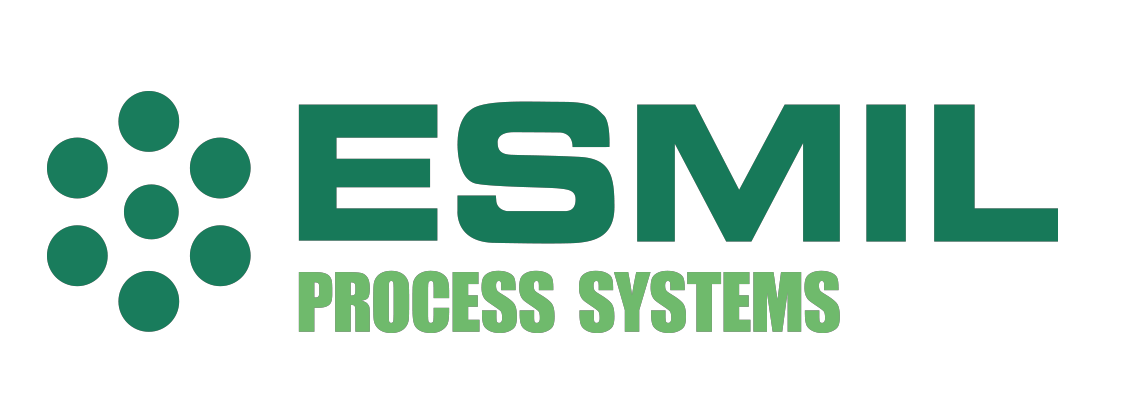
Esmil believes each effluent has unique characteristics, and system solutions cannot be designed based on the data/ experience taken from past applications. For waste water treatment systems, one size does not fit all! It is recommended that pilot plant evaluation is always conducted either to develop design data in new applications, or to validate existing plant design.
The pilot plant study is critical to evaluate the feasibility of the treatment solution by gathering necessary design data including:
- Suitable process / membrane process.
- Achievable separation / treated water quality.
- Achievable hydraulic recovery & rate of filtration / flux.
- Repeatability.
- Fouling potential and chemical cleaning regime.
- Detrimental effects due to the feed composition.
Esmil have a range of membrane pilot units available for test work.
- Trailer mounted sludge conditioning and dewatering plant based on multi-disc screw press.
- Sludge dewatering unit based on roller type multi-disc press.
- Flocculation and dessolved Air Flotation pilot skid.
- Tubular UF module unit (area 0.31 m2).
- Flat sheet membrane unit (area 0.01 m2)
- Spiral wound element unit (area 0.38 m2)
- VSEP Machine (0.045 to 1.5 m2)
- VSEP Machine (0.045 to 1.5 m2) for Hazardous Zone applications
- Twin spiral element site pilot units (area 16.4 m2).
- Twin spiral element site pilot units (area 2.5 m2) for acid applications.
The pilot units are designed to test MF, UF, NF and RO membranes, and can operate at pressures of 70 bar(g). Pilot plant studies can be conducted in-house or on customer site where the client’s operator can be trained for pilot studies on site.
Membrane selection is bases on experience from similar applications but confirmed through pilot plant evaluation. Esmil will conduct a series of trials on selected membranes at various pressures and temperatures to evaluate the optimum performance of the membranes.






